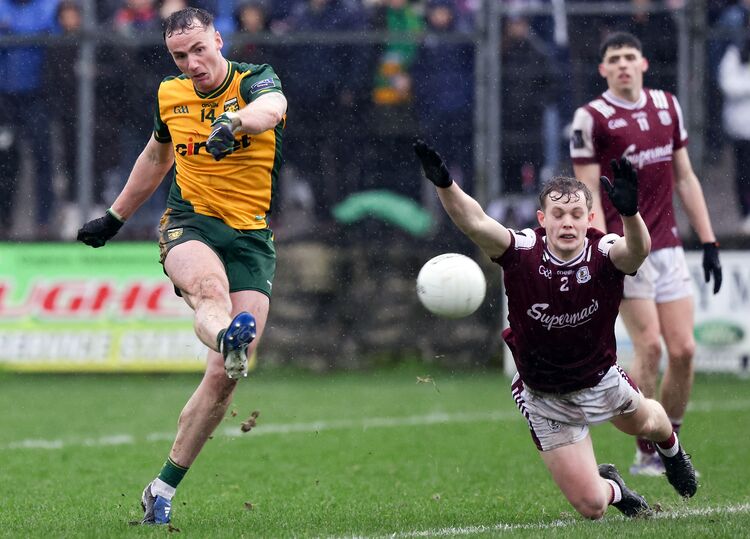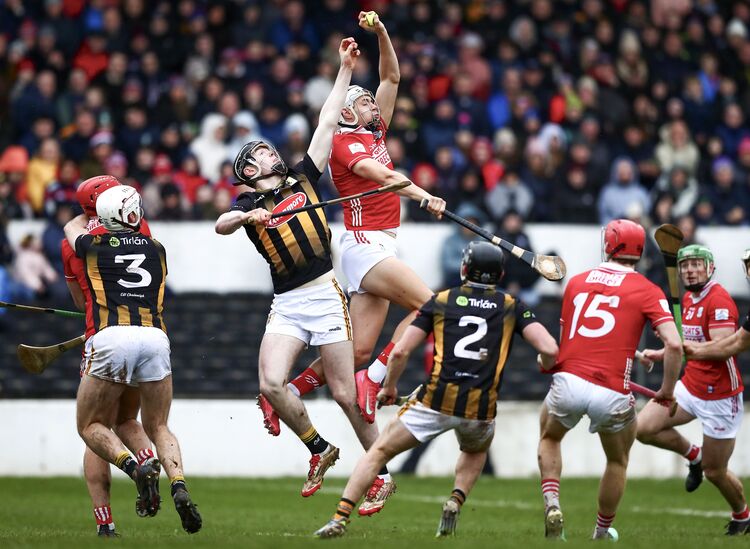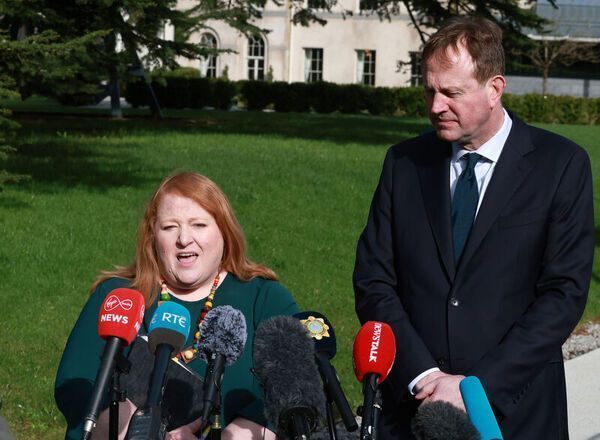[caption id="attachment_67379" align="aligncenter" width="600" caption="Dimitar Berbatov celebrates scoring for Manchester United."]
Earlier this week, Liverpool's new managing director Ian Ayre raised the possibility of the club pulling out of the Premier League's television deal. He argued that the best-known outfits deserve a larger piece of the pie because they are the box-office names, the ones drawing in growing audiences around the world. Here, we had what may one day be considered the opening salvo in a long, drawn-out war as the big four or five seek to distance themselves from their lesser rivals. To understand why Liverpool's American owners are the ones behind this initiative, you have to know about the past few weeks in American baseball.
In case you haven't been paying attention, the Boston Red Sox failed to make the play-offs. For Fenway Sports Group, the corporation that owns this club and Liverpool, this was a monumental embarrassment and a huge financial blow. All the more so because it was so shocking how the Sox fell apart in the month of September. Aside from the fact their collapse was of historic proportions, losing 20 out of 27 games, there was the small matter of how they'd been expected to do so much better. A lot of pre-season pundits tipped the Sox to win the World Series. Nobody expected them not to even figure in the shake-up.
The funny thing is the pundits who didn't plump for the Sox tended to go for the New York Yankees and the Philadelphia Phillies. All three were regarded as a cut above the rest back in April, in large part due to all three boasting the most expensive squads. The Yankees had the most expensive payroll in the sport, paying out salaries of just under $203 million, the Phillies came in second at $173 m and the Sox third with a smidgen beneath $162million. Inevitably, these clubs with the highest wage bills and the highest proportion of stars were expected to prevail at season's end.
A funny thing happened on the way to the coronation though. After the Sox failed to even reach the play-offs, defeated in their final game of the campaign by the Baltimore Orioles (players who earned almost exactly half as much as them in wages), the Yankees and the Phillies subsequently exited the knockout stages in the first round. And, I think you know where this is going. The Yankees and the Phillies were sent home by the Detroit Tigers and the St. Louis Cardinals, two clubs that spent just $100 million in salaries. Oh, the embarrassment, the shame and the annoyance.
Now, the richest clubs have to watch as the Cardinals and Tigers do battle with the Milwaukee Brewers and the Texas Rangers (neither of whom even spent near $100 millions) for the right to be called the world champions of baseball. No wonder the Fenway honchos chose this week to fly the kite about ripping up revenue sharing and destroying the system that ensures the poorest clubs in the top flight of the English game get as much as the richest, thereby retaining some semblance of fair competition.
Competition is not what these people are interested in. Competition ensures the poor relations sometimes get to put one over on their richer rivals and that's not good for the bottom line. And this is all about the bottom line. John Henry and his pals didn't buy Liverpool because they fancy spending a few wet weekends by the Mersey. They bought it for the same reason they bought a chunk of a NASCAR racing team. There's money to be made. And in this case, there's even more money to be made if the television deal that awarded Blackpool the same as Liverpool last season can be consigned to history.
The Americans are hoping nobody notices they come from baseball, a sport where there is a fairness mechanism in place to give even the worst clubs hope. If your team finishes with the worst record in the Major Leagues, the club gets to pick first when the best young players are put into a selection draft the next year. You may be bad today but you can live in hope that you will get better soon because you are drafting better players than those currently bossing the game.
Indeed, there is no greater example of the wisdom of this practice just now than in America's NFL. The largest and most commercially successful sport in the country, the grid-iron scene is alive with talk of the Detroit Lions' resurgence. A derided, down-at-heel club in recent years, the Lions won their first five games of this season with a squad full of young stars they picked up in the annual draft designed to help bad NFL teams improve quickly. Henry and his cohorts would do much better by the Premier League if they brought something innovative like the draft to soccer rather than staging a good, old-fashioned and kind of predictable money-grab.
Everybody knows what will happen if the television revenues are split up according to the celebrity wattage of each club. The rich will get richer and the poor will get hammered every week. It will be like Scotland except with four contending teams each year instead of two. There is already too large a gap between the haves and have-nots in England. This gap is why there are so many empty seats at places like Ewood Park. It's also why so many fans of clubs outside the quartet of contenders talk aloud about how a season in the Championship can be much more fun than eking out another subsistence campaign in the Premier League.
The worrying thing here is Liverpool's suggestion will be welcomed in other boardrooms near the top of the table. We are about to discover if the elite like Chelsea and Manchester United and possibly now Manchester City control the league or just control the destination of the title. In the meantime, we can console ourselves by knowing the Bostonians are still suffering as they watch less-profligate baseball teams battle for the World Series.









